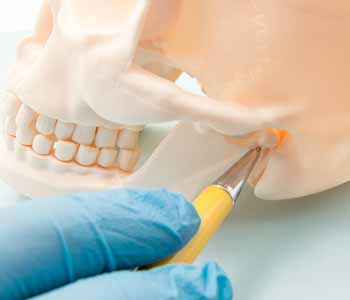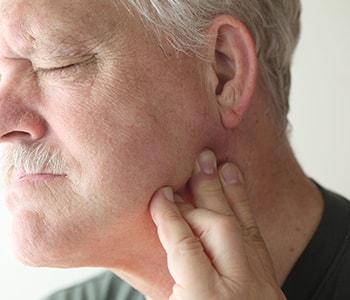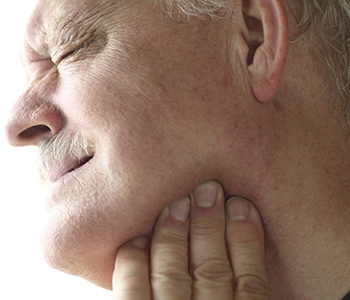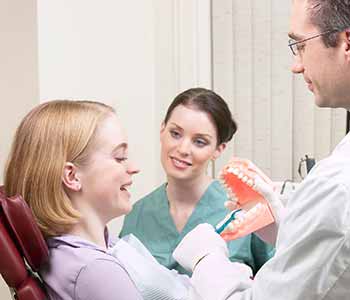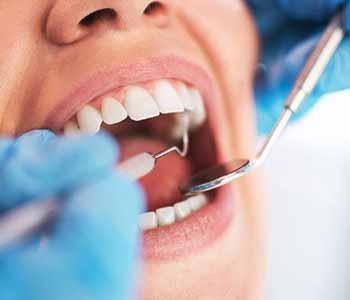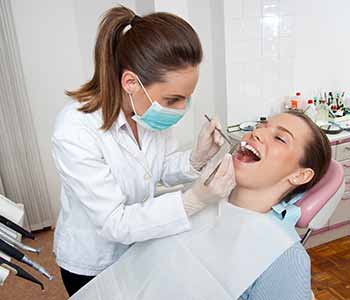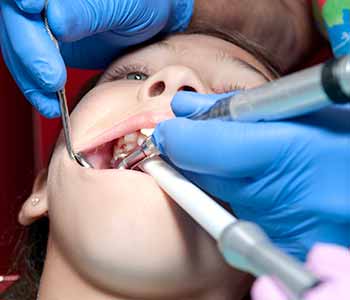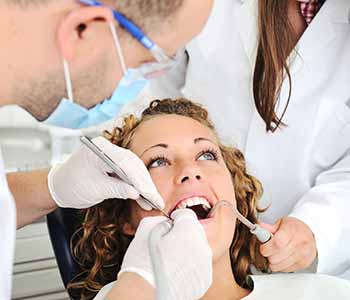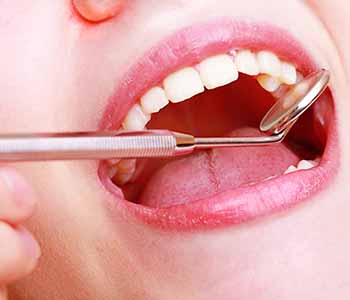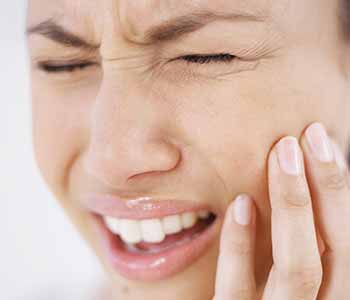TMJ/TMD procedures as best treatments for Jaw Problems in San Francisco

What Is “TMJ?”
Jaw problems and bite problems that affect the jaw are commonly known as “TMJ.” These three letters are taken from the name of the jaw joint called the temporomandibular joint. A more accurate name is “TMD” which stands for temporomandibular joint disorder. It can affect one or more of the jaw joint components including the nerves, muscles, connective tissues, bones, and the teeth that are attached to those bones.
What Are the Symptoms of TMD?
Some of the symptoms may include sore jaw, head, or neck muscles; painful jaw joints or teeth when chewing or biting; jaw joint noises like popping or clicking; teeth clenching and grinding also called bruxism; and headaches. Because you use your jaw joint all the time to eat and speak, TMDs can be just as debilitating as back and knee problems.
What Causes TMD?
Sometimes the cause is obvious. At other times it is not clear why some people develop TMD and others do not. Some of the more common causes include trauma or injury to the TMJ; degenerative joint disease such as osteoarthritis; excessive function (para-function) that stresses or strains the TMJ system; a bad bite (malocclusion) or an imbalanced bite; and emotional stress.
What Is the Treatment for TMD?
The better we know what caused the problem, the better we can formulate a plan to treat it. Sometimes it resolves on its own, and sometimes even science has not discovered an answer yet. Furthermore, not only are there different schools of thought about what causes chronic TMD, but people do not always respond in the same way even when doing the same treatment. In any case, early diagnosis is important in helping to prevent long-term chronic pain, and the willingness of the patient to work collaboratively with the dentist can result in improvement over time.



